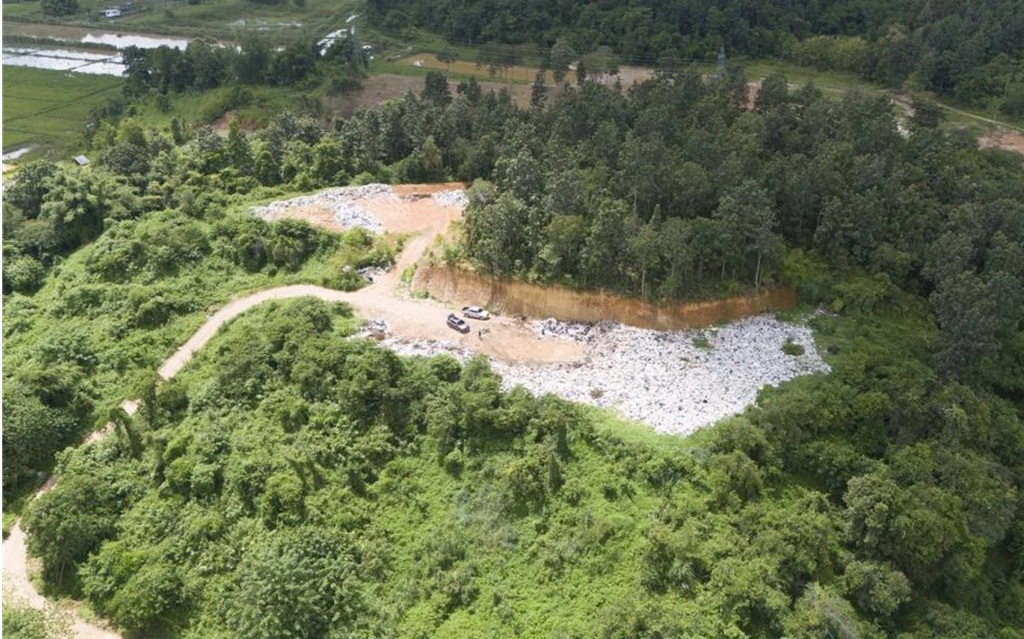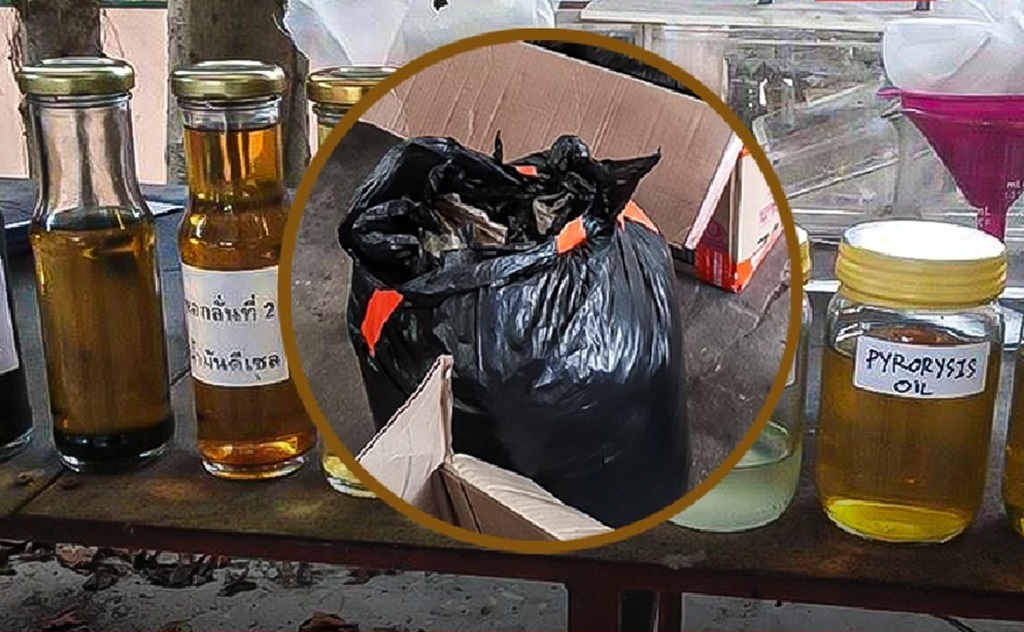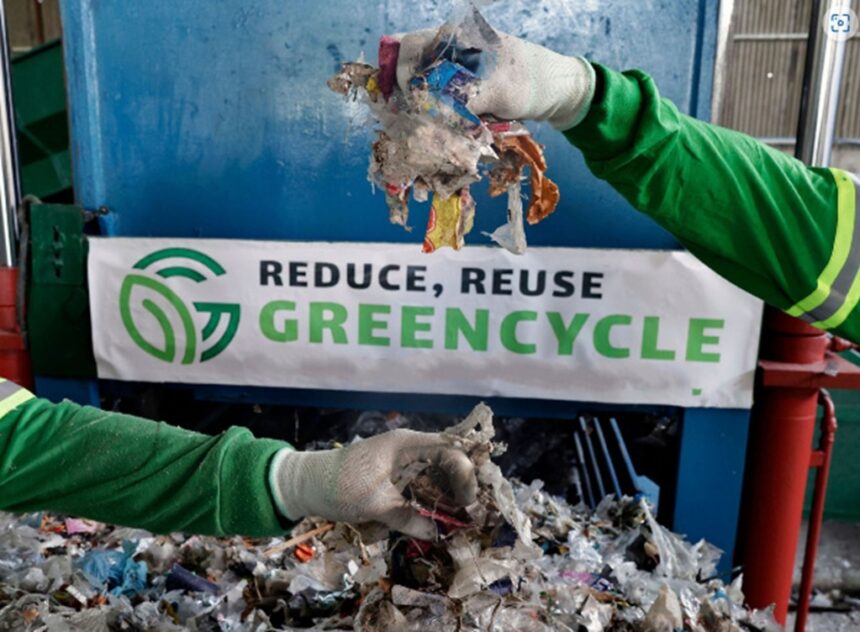CHIANG RAI – The City of Chiang Rai has become home to Thailand’s first smart city municipal project, where the local city administration has started turning plastic waste into oil, electricity, and gas.
Backed by the Ministry of Natural Resources and Environment, the initiative converts one tonne of plastic waste into roughly 100 litres of oil. The project also generates electricity for residents and uses gas to dry crops, while plans are in place to excavate landfill waste accumulated over the past 20 years, sorting it for further recycling.
The Ministry, along with EP&IT Solution Co., Ltd. and other partners, have supported Pa Kor Dam Subdistrict Municipality in Mae Lao District to set up Thailand’s first subdistrict-level smart city operations centre.

This site also serves as a learning centre for sustainable community waste and environmental management. It’s located at the longstanding municipal landfill in Ban Pa Kor Dam Tai, Village 8, Pa Kor Dam Subdistrict.
Since September 16, 2025, the waste management centre has been in operation, processing sorted plastic waste to produce fuel oil. This is the first centre of its kind in Chiang Rai Province. The team assures that the new system won’t harm the environment and supplies residents with fuel oil produced from plastic waste.
According to Damrongsak Kwanjai, Mayor of Pa Kor Dam Subdistrict, the municipal landfill has been used for over 20 years. Working with the local committee, he helped establish the waste management learning centre to address the mounting landfill problem.
By introducing new technology, they can turn waste into useful resources and cut down the volume of rubbish going to landfill, especially plastics, which can be turned into oil. The project not only eases the burden on the landfill but also provides local energy.
Associate Professor Weerachai Roynarinn, advisor to the Minister of Natural Resources and Environment, explained that the plant heats various plastic items like bags and bottles under controlled conditions.

Plastics change from solid to liquid, producing petrol and diesel products depending on temperature and pressure.
This helps tackle community waste problems. The process also delivers gas, which powers the plant’s engines and supplies electricity, meaning there’s no release of pollutants into the environment or the community.
Reports show that Pa Kor Dam Municipality deals with several tonnes of waste each day. The existing landfill can hold around 3.5 to 4 tonnes of rubbish per day, so waste builds up into small hills over time.
The council now plans to excavate these sites to separate plastic waste, which makes up about 250 kilos per tonne, and mix it with the daily collected plastics from households.
This mixed plastic waste goes into machines at the learning centre designed to convert it into oil. The centre runs eight machines, each able to process 220 kilos of plastic an hour, producing up to 100 litres of general-purpose oil per machine.
If all eight machines work at once, the centre could produce 800 litres of oil per hour, but to start, they’ll operate only at weekends since the facility is close to a school.
The oil-making process also generates 80 cubic metres of gas per hour. Of this, 50 cubic metres powers the centre’s engines, while the rest creates 60 to 90 kilowatts of electricity. That’s enough for 50 homes a day.
Extra gas can be used for drying farm produce like longan, rice, and maize. The local council and its partners will continue to manage and develop the project to benefit the wider community.














